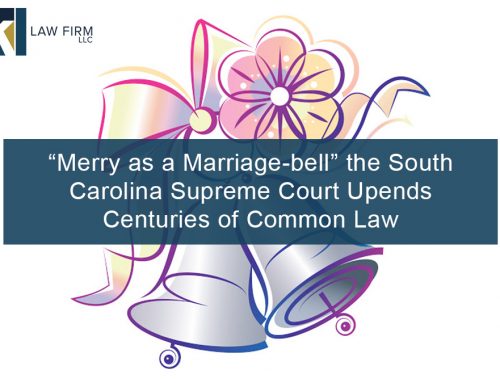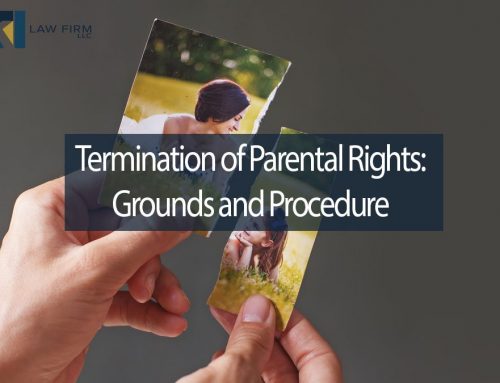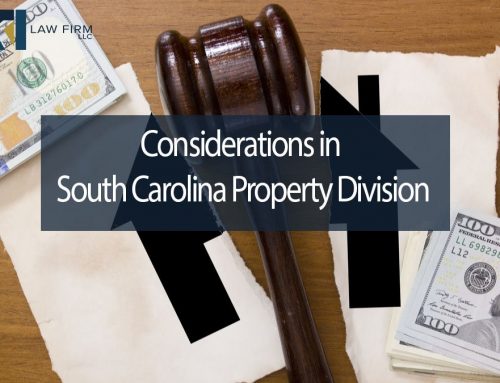A large number of South Carolina citizens serve as members of the United States Armed Forces. According to U.S. regulations, military couples are subject to the same divorce laws as civilian couples; however, a military divorce may involve a modified process in addition to specific state and federal laws that govern the distribution of marital assets in military families. This article serves as a basic introduction to the rules and regulations regarding a military divorce proceeding in South Carolina.
South Carolina Military Divorce Jurisdiction
In order to have a military divorce in South Carolina, you must prove that the family court has jurisdiction. This can be difficult because usually a military family is not stationed in their hometown, does not take up residency at the station, or gets deployed to another station for duty. Typically, jurisdiction requirements are met if either spouse resides in South Carolina or if either spouse is stationed in South Carolina for at least one year.
Additionally, the Uniform Child Custody Jurisdiction and Enforcement Act (UCCJEA) can provide a means of jurisdiction for military divorces. South Carolina can have jurisdiction over a divorce if there is a child involved in the proceedings and that child has resided in the state for at least six months.
South Carolina Divorce Proceedings
The federal government has enacted laws that prevent a military member from defaulting in a divorce proceeding because of being overseas. Under the Service Members’ Civil Relief Act (SCRA), family court proceedings must be delayed if it would harm a service member’s rights to move forward in the case while the member is on duty. The SCRA postpones divorce proceedings up until 60 days after the service member returns from duty.
Dividing Military Marital Property
Along with the South Carolina property division rules, the federal government enacted the Uniformed Services Former Spouses’ Protection Act (USFSPA) to govern how military benefits are calculated and divided in a military divorce. One of the key aspects of the Act is that the military couple must be married for at least 10 years, and the marriage must overlap with at least 10 years of active military duty. The maximum amount of benefits that can be given to the nonmilitary spouse is 50 percent of the disposable retirement pay. However, what most couples are not aware of is that the percentage can be negotiated in lieu of other marital assets. If child support and alimony are also at issue in the divorce, the maximum amount of benefits that can be allocated is 65 percent of the disposable retirement pay.
Let a Military Divorce Attorney Help
The divorce process can be a painful experience for all parties involved, and the added complexity of a military divorce can make it feel overwhelming. If you or someone that you know is contemplating a military divorce in the Mount Pleasant, Charleston, or greater South Carolina area, let the attorneys at Klok Law Firm LLC simplify the process and help you through this difficult time in your life. Call or contact the office today for a confidential consultation of your case.






